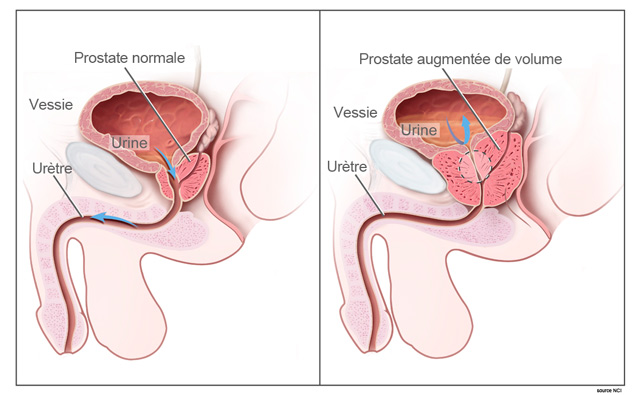
Urethritis: What is it?
Urethritis is infection of the anterior urethra.
It is a sexually transmitted disease.
Germs involved:
the germs mainly involved are Neisseria gonorrhoeae and Chlamydia trachomatis.
Mechanism of contamination:
Contamination occurs either during a sexually transmitted infection or more rarely during a urethral lesion by foreign body or by self-catheterization.
Symptoms :
The patient presents with urethral discharge with notion of unprotected intercourse in the previous two months.
In cases of gonococcal urethritis the discharge is purulent, abundant and associated with dysuria and severe urination burns.
For chlamydial urethritis the discharge is scanty, clear, and dysuria is less pronounced.
Biology:
A urethral sample can be taken to check for gonococcus.
If Chlamydial urethritis is suspected, a PCR test on the urethral swab is more sensitive.
In all cases, screening for other sexually transmitted infections such as HIV, hepatitis B and C, and syphilis is systematic.
Treatment:
Once the samples have been taken, treatment is started immediately with probabilistic antibiotic therapy in a single dose.
To avoid recontamination it is imperative to treat the partner.